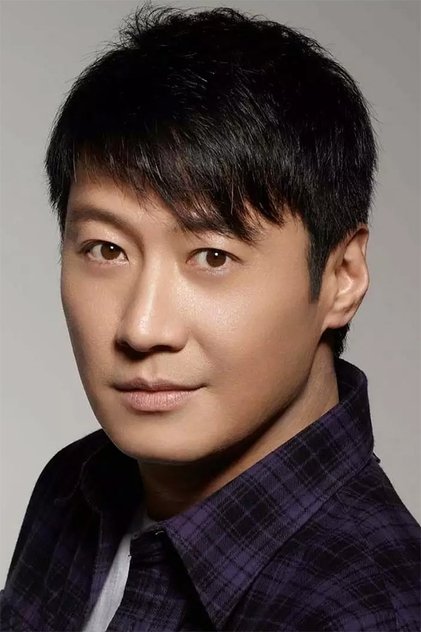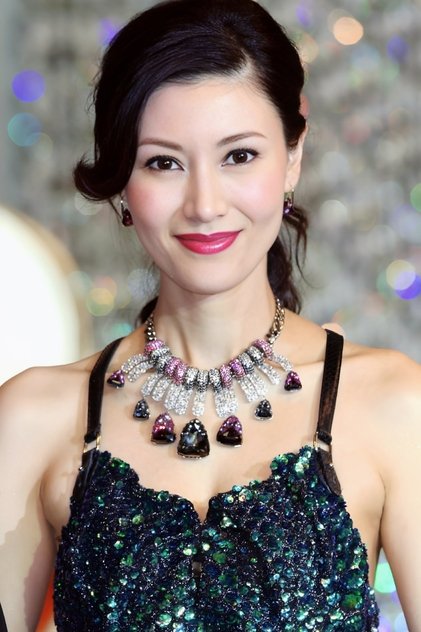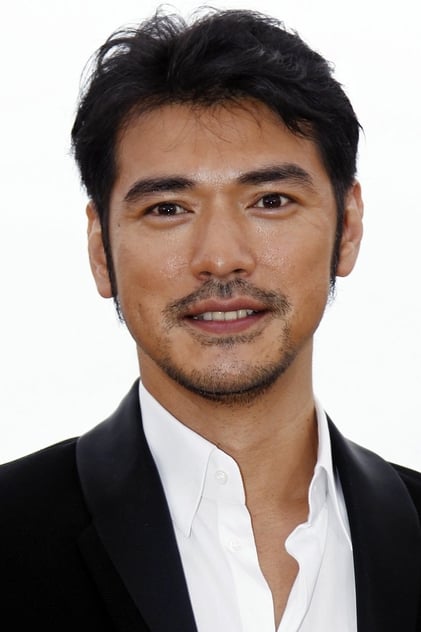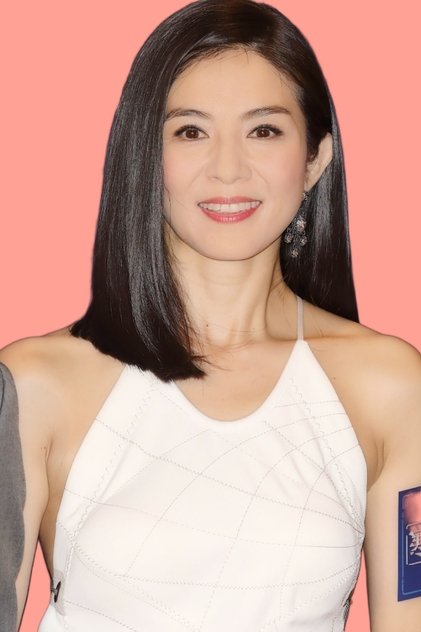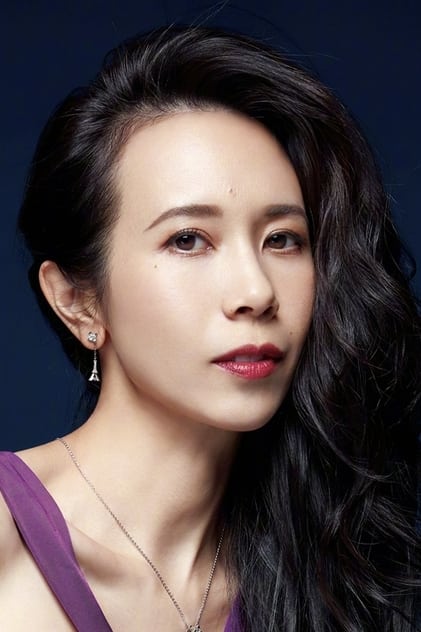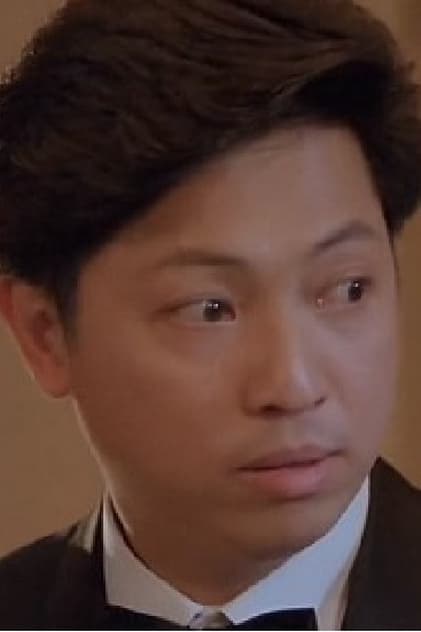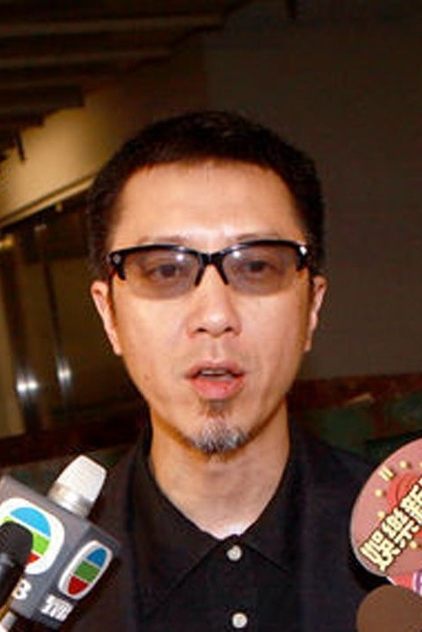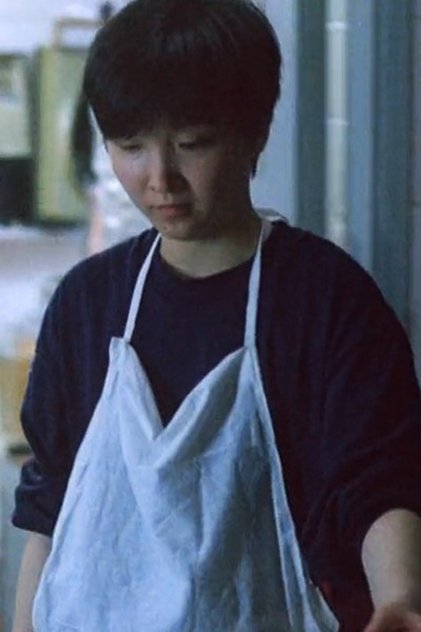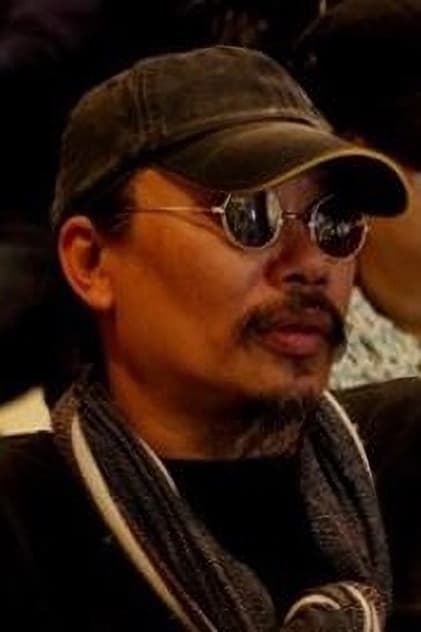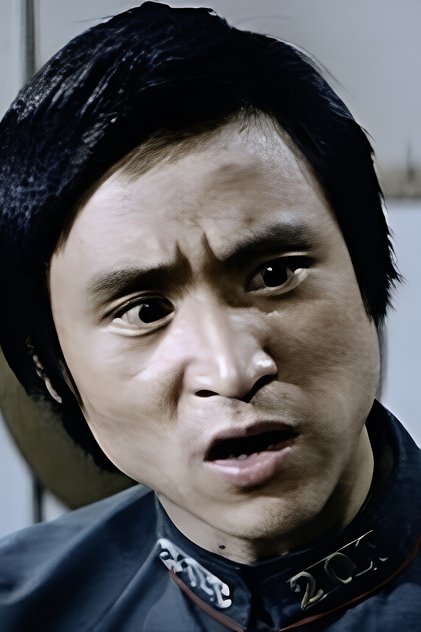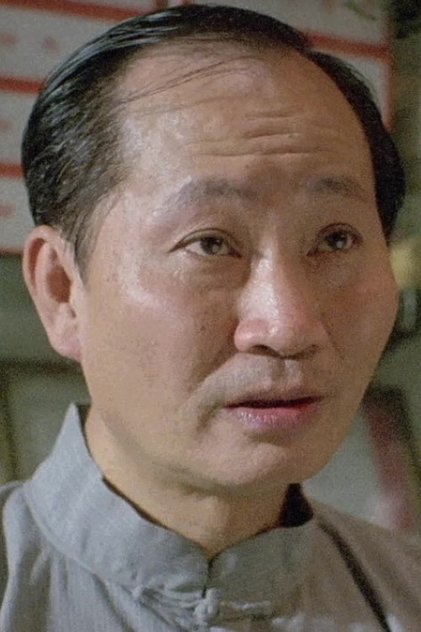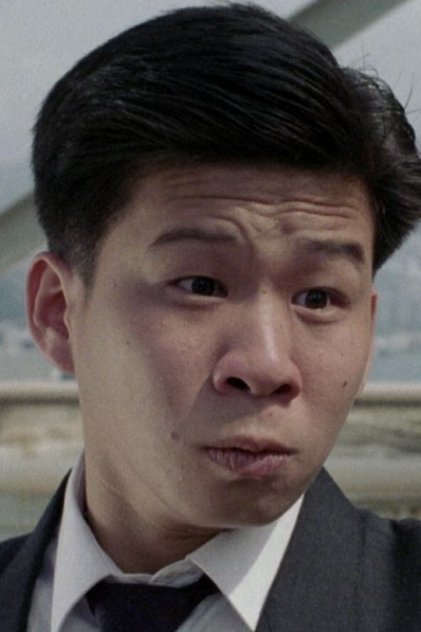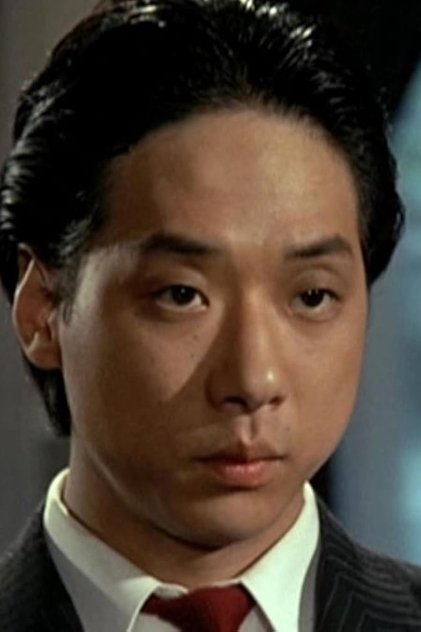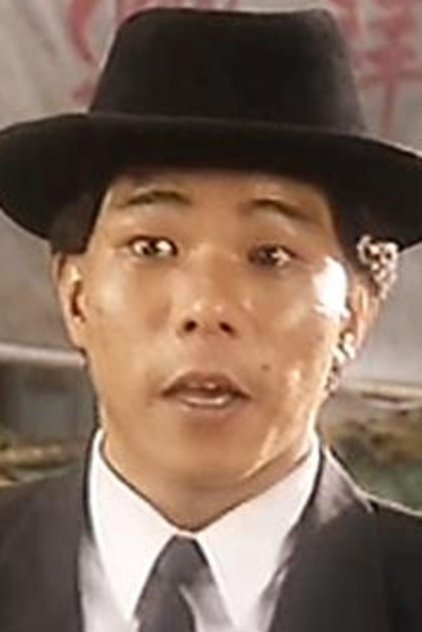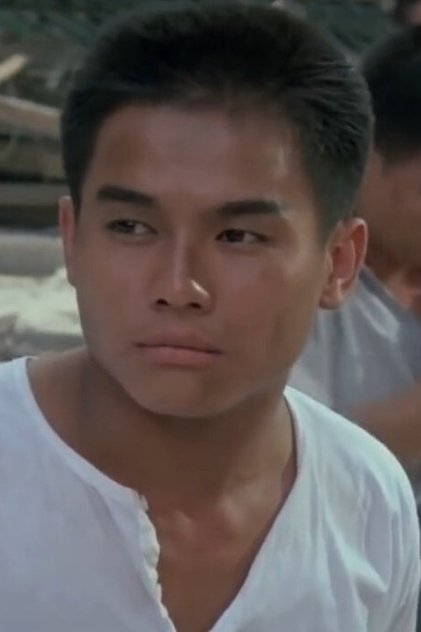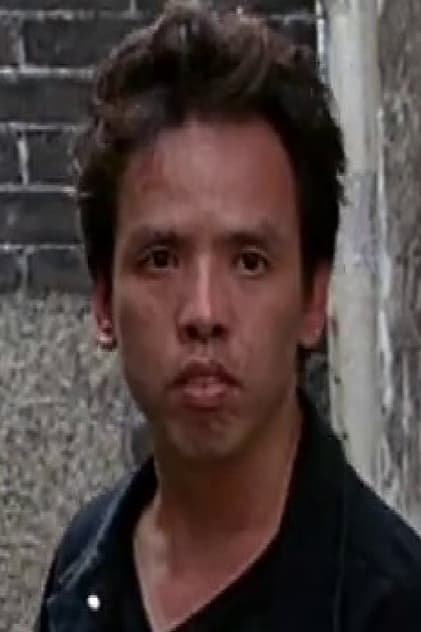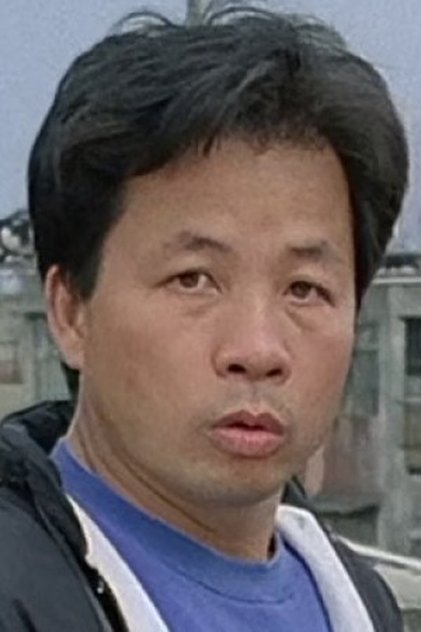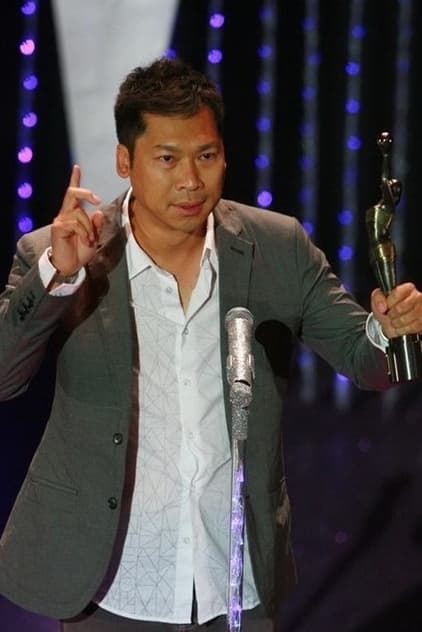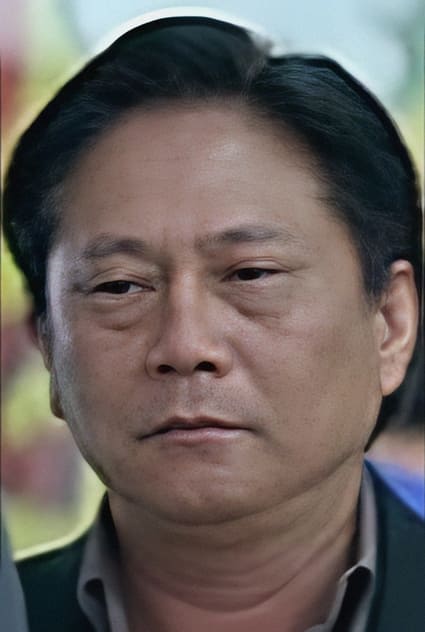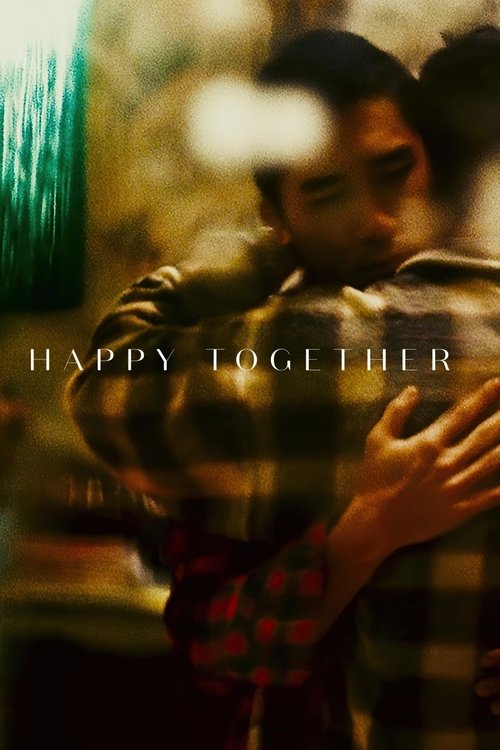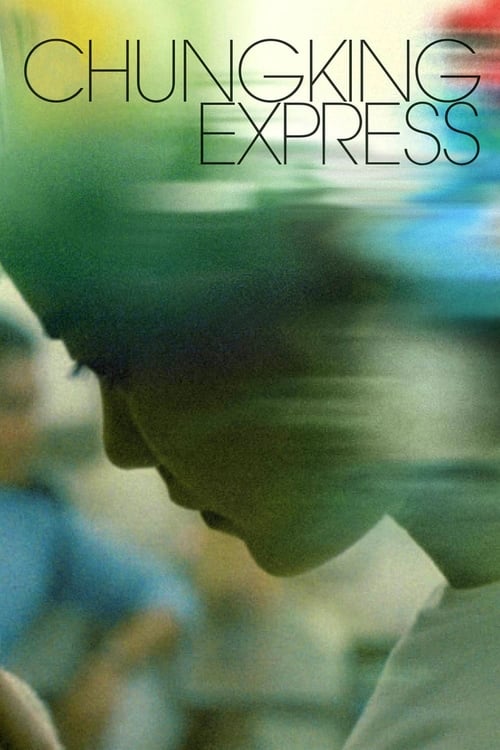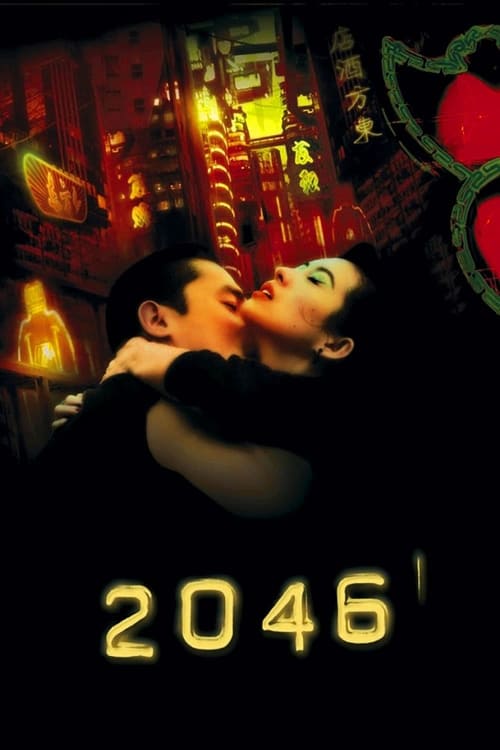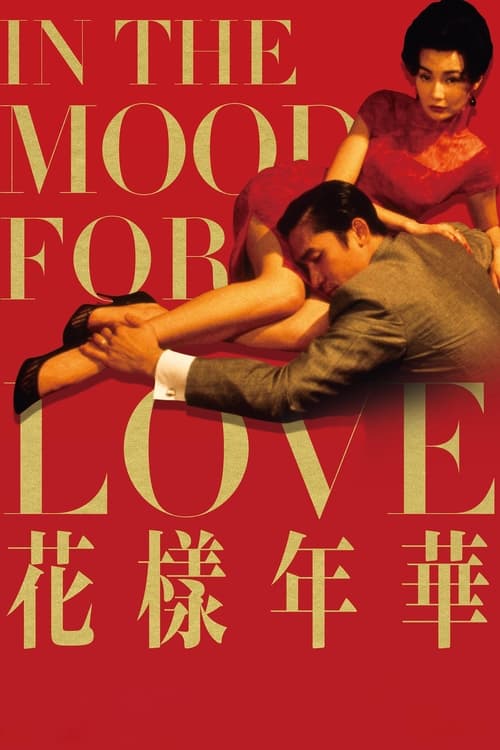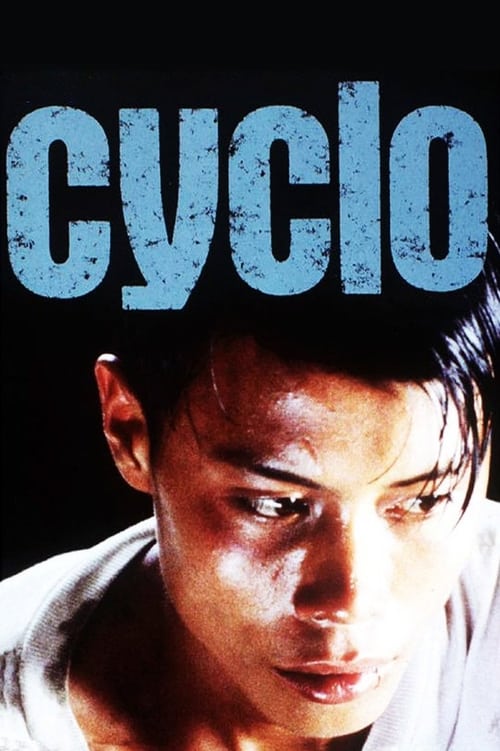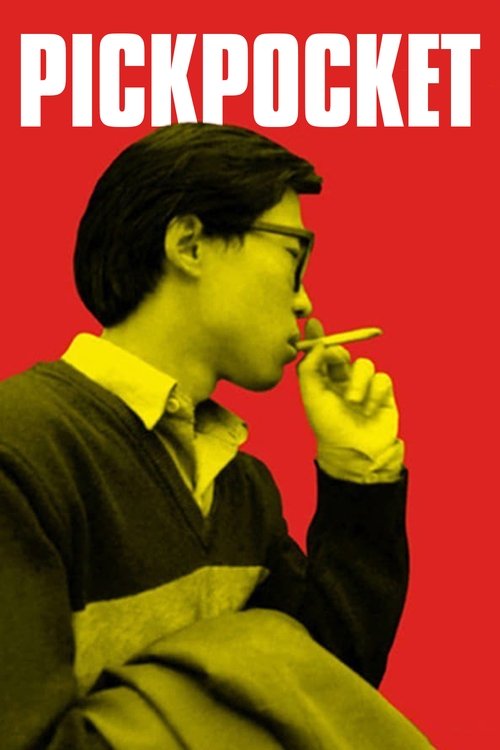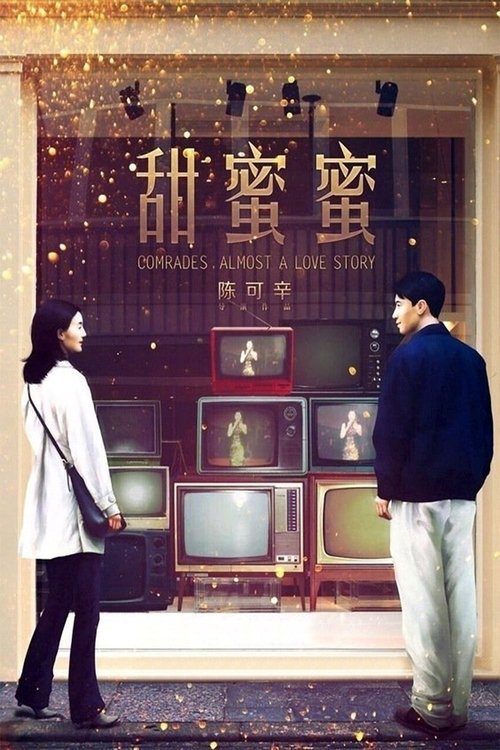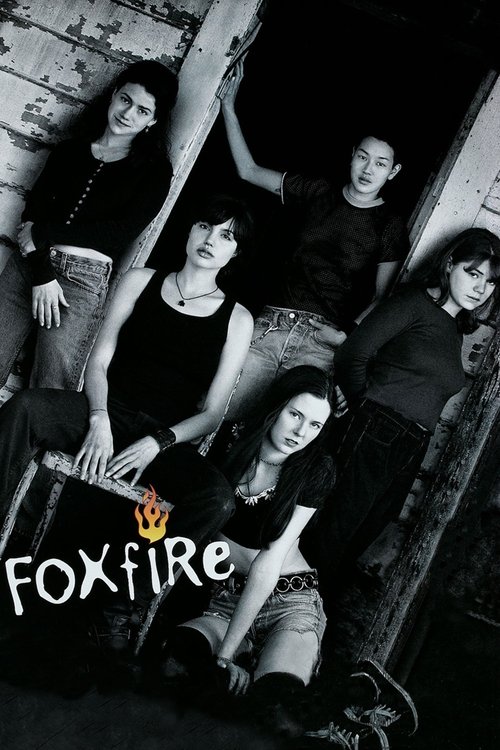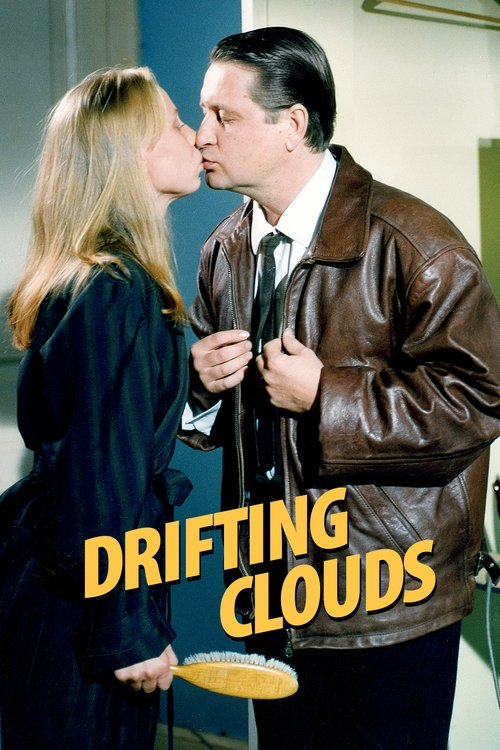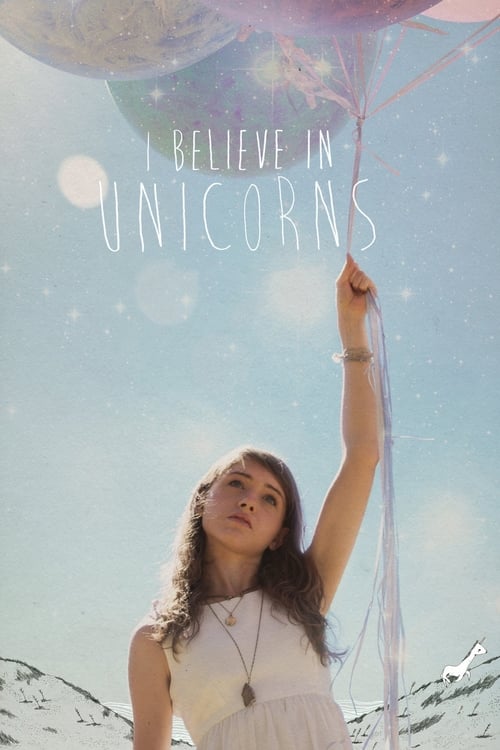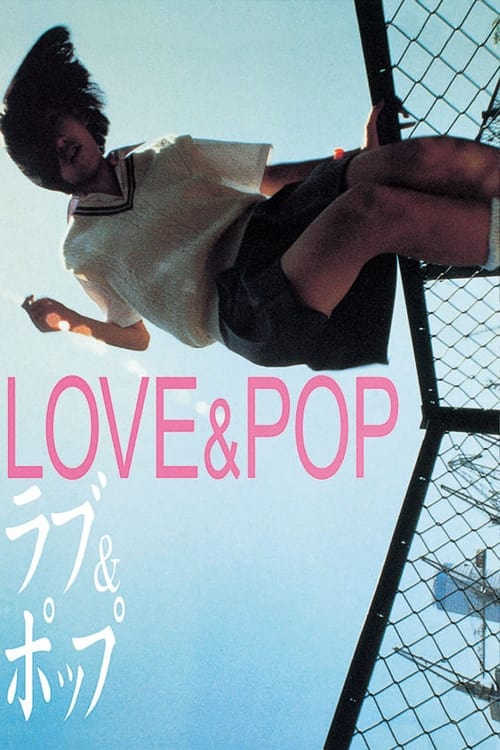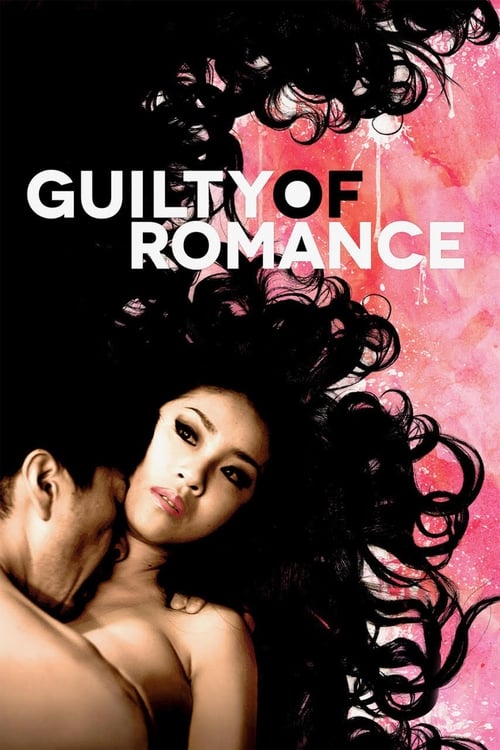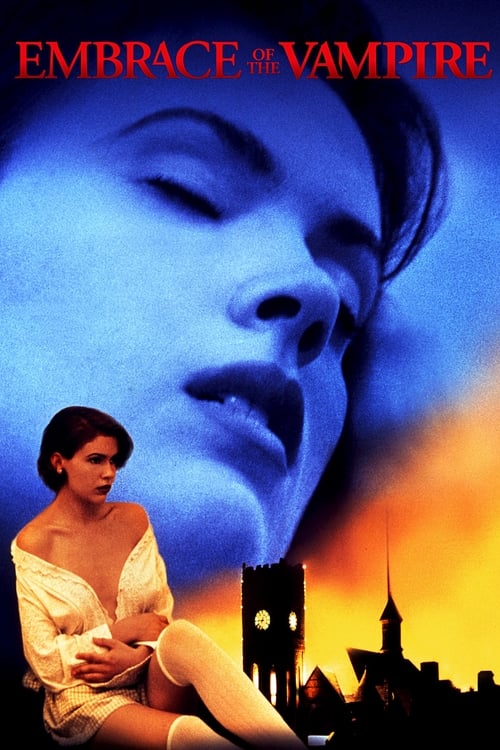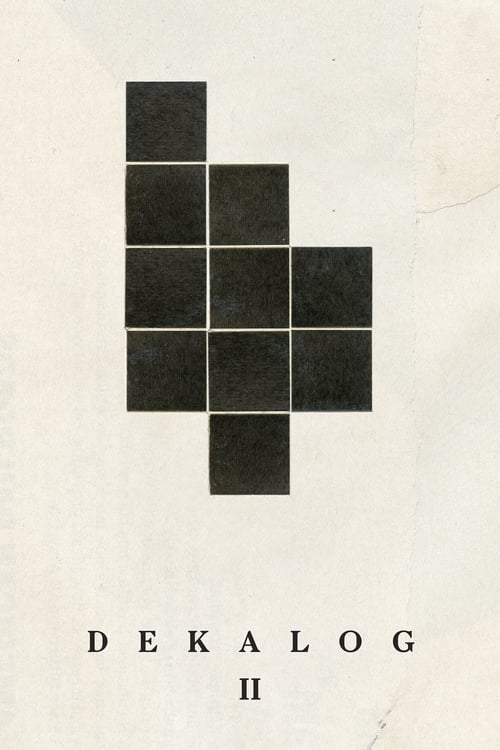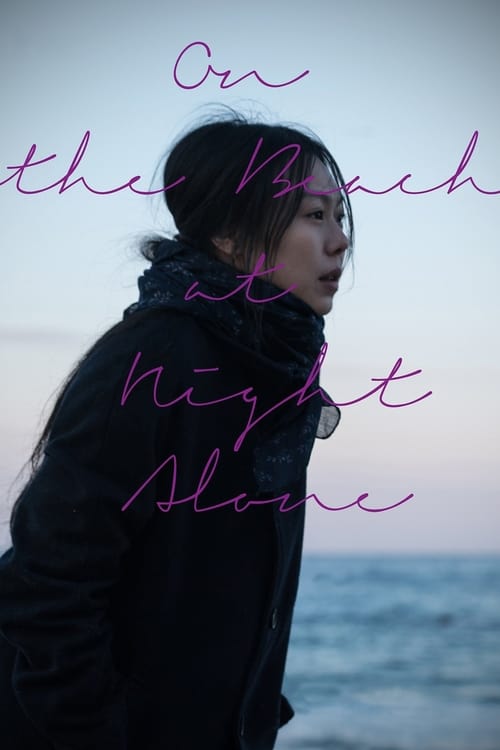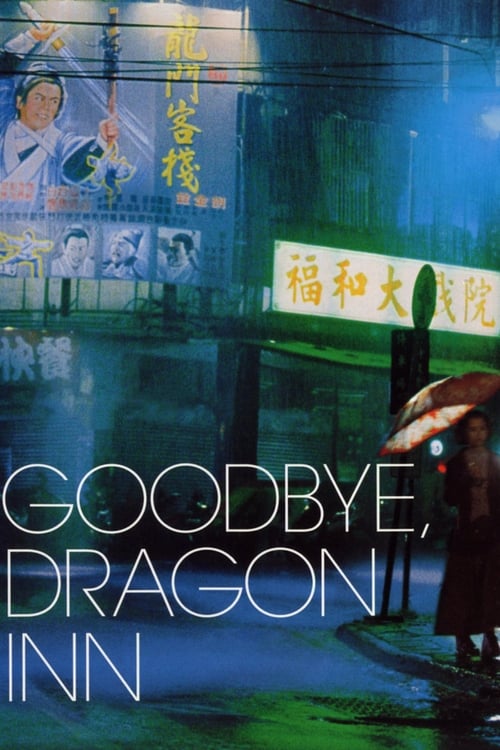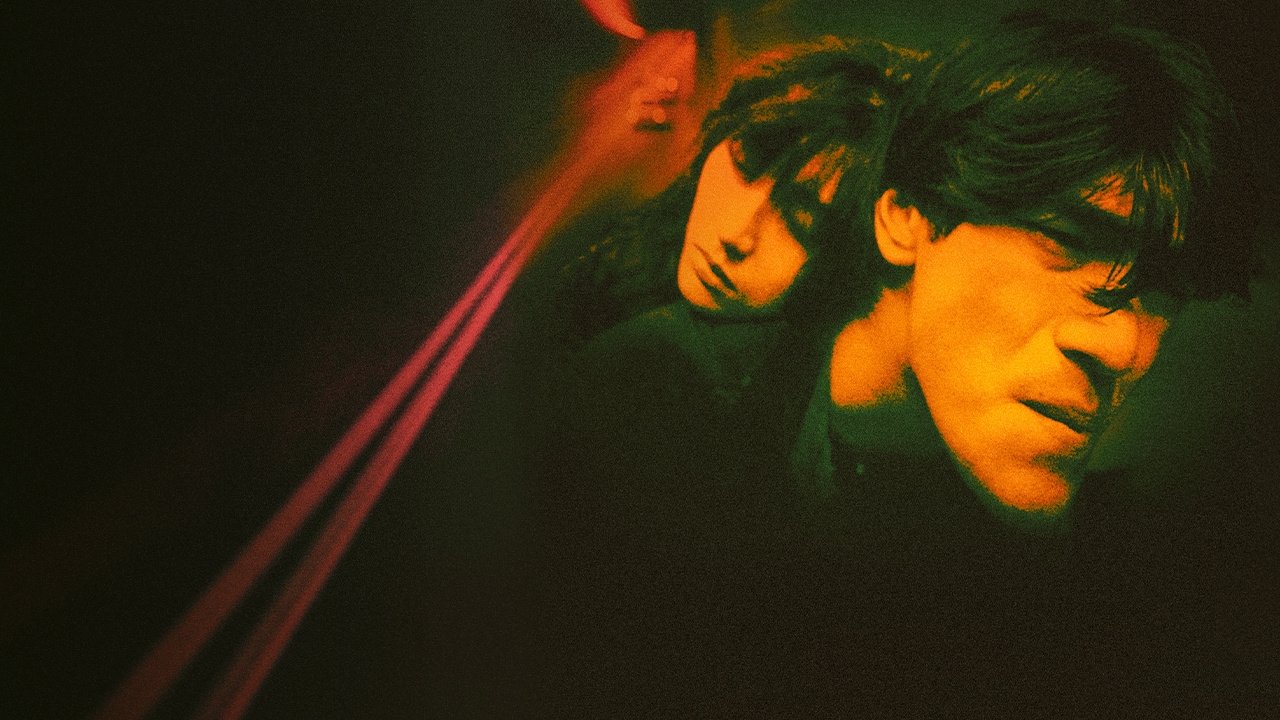
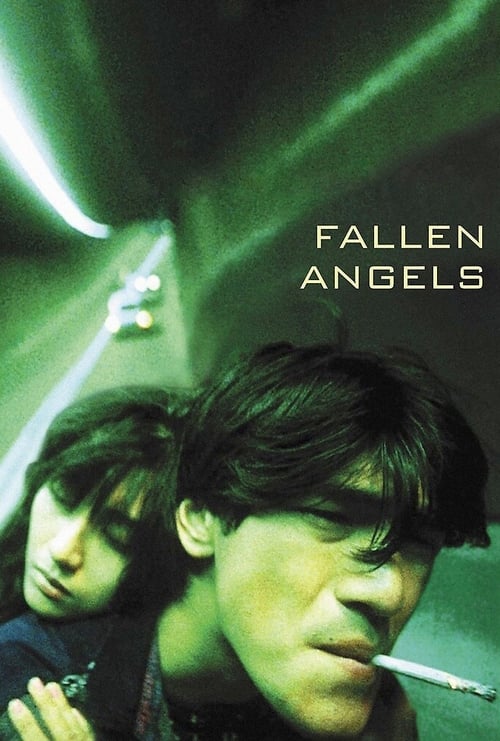
1995
·98m
Fallen Angels
Summary
An assassin goes through obstacles as he attempts to escape his violent lifestyle despite the opposition of his partner, who is secretly attracted to him.
Reviews
BornKnight
January 31, 2024
The complimentary movie to Chungking Express (1994), this is a neo-noir thriller that was shooted as a different movie because of the length of the total movie and differences between the two.
As in the first this one also tells two stories: of a hitman (Leon Lai Ming) that wants to detach from his activities and his partner, a woman that cleans his apartment while he is out, and have a secret love for him, while he meets another girl nicknamed blondie.
The second one is from a ex-convict escaped from prison, Ho Chi-mo (Takeshi Kaneshiro) that is mute and works and lives with his father, also breaking into other works at night to sell their goods and services (here we have a meet with the Chungking Express with the first movie) and keeps finding another girl Charlie that lost his girlfriend for blondie), aside from a sequence that he meets another character from the first story in the end.
While having its themes along with Chungking, it differentiates from he first one by the use of cinematographer Christopher Doyle shooting mainly at night and using extreme wide-angle lenses, keeping the camera as close to the talents as possible to give a detached effect from the world around them, giving an wide-angle distortion of images creates an effect of distance-in-proximity, conveying the characters' solitude.
The visuals are frantic, out-of-focus, and neon-lit. The camera also follows the characters and segments of B&W and heldcam camera also are used.
Another difference is the use of voice overs (as in thoughts) in the place of dialogues and pop songs this time mainly Cantonese versions of many musics, some of them also being ocidental (like the instrumental "Speak My Language" by American avant-garde artist Laurie Anderson and Flying Pickets version of "Only You" by member Vince Clarke, while he was still with Depeche Mode).
To me a score of 8,7 out of 10,0 / A along side with the previous one a must to watch movie of an bygone era before the delivery of the city back to China in 97.
Media
Status:
Released
Original Language:
Cantonese
Budget:
$0.00
Revenue:
$0.00
